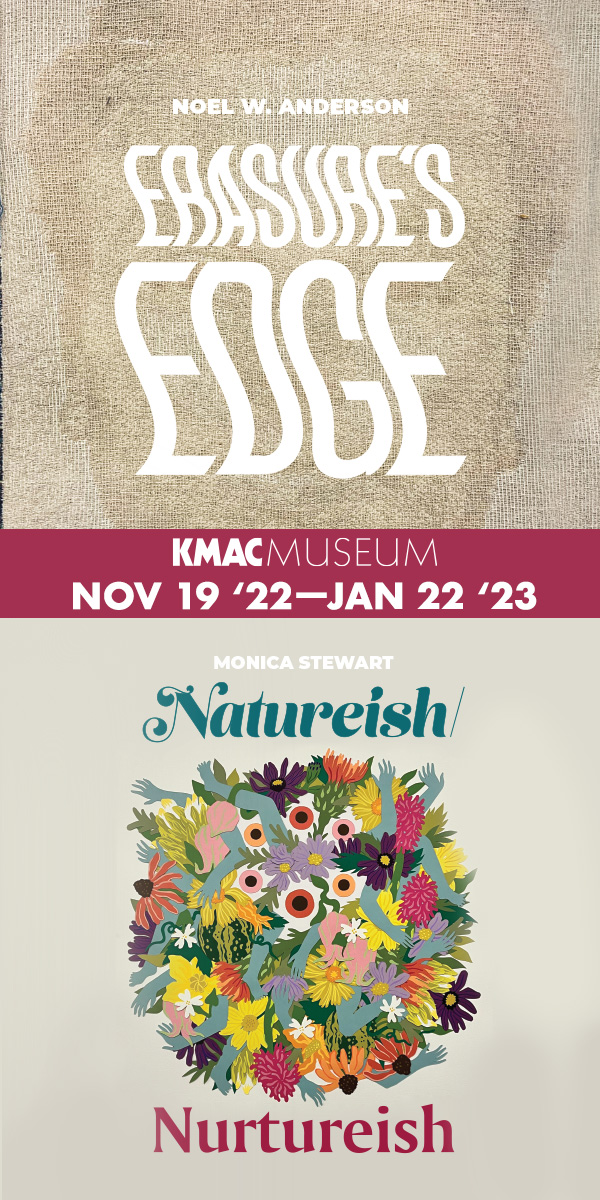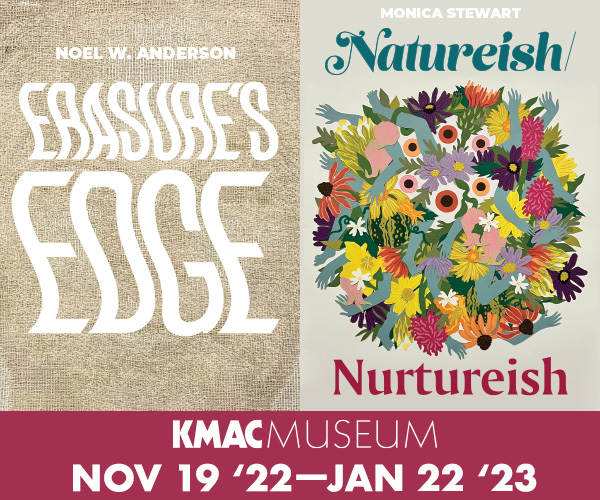First in a series sponsored by Kentucky Humanities about up-and-coming Kentucky writers.
Bobi Conn’s first book, a memoir entitled “In the Shadow of the Valley,” revealed both the painful and beautiful parts of her childhood near Morehead. She endured abuse and poverty, but also meaningful moments in her Appalachian home and, ultimately, experienced healing from her generational trauma.
Conn’s upcoming novel builds on some of the themes and wrestles with some of the lingering questions that arose from that first book. “A Woman in Time,” due for release on August 30, is a creative imagining of the life of Conn’s great-grandmother in 1920’s Eastern Kentucky. She remembers her father telling tales of her great-grandfather and his daring exploits as a bootlegger during Prohibition.
“My father idolized my great-grandfather, but his lawless ways left a cruel legacy and caused a lot of untold pain,” she said when we met recently. “I kept wondering, what would his wife’s story have been?”
An Appalachian Writer
The rich earth had absorbed her tears and blood, it had consumed her grief. It wrapped her in vines of trumpet honeysuckle and cooled her cry-torn throat with spring water that had trickled through limestone, carrying the strength of ageless rock into her bones as if the very heart of time itself was imbued into the stream. The earth had always heard and responded to her calls…
– from A Woman in Time
Bobi Conn wants to make one thing clear: she has an abiding love for Appalachia. Her rural upbringing was formative, and the land shaped her in significant ways.
“My biggest inspiration, and greatest teacher, were the hills of Eastern Kentucky,” she said. “They gave me a sense of connection to the world and the beauty of life. They gave me strength.”
Conn writes eloquently about that deep connection to place, offering a loving tribute to her homeland. For other Appalachians, she hopes her writing illuminates something they hold dear. For those outside the region, she hopes they grasp the limits of their perspective.
“I explore life in the context of Appalachia that is authentic and complex. By dealing with it in an honest and caring way, I want to restore a little dignity to our culture,” she said.
The timing of Conn’s memoir magnified her pursuit of authenticity. While not a response to or critique of “Hillbilly Elegy,” it came out soon after. Her perspective is of a female life-long resident of Appalachia.
For Conn, the process of writing the memoir illuminated ingrained prejudices towards poor rural people, even inside herself. She realized that wealthier people are not immune to these same kinds of moral decay, and how external economic and societal pressures impacted her family. In line with that, “A Woman in Time” explores big questions about causation and agency while artfully examining her characters’ inner landscapes.
Matrilineal Stories
A girl is born, bound to the time and place that claim her. She loves and grieves and weaves the future in her body, bringing into the world not just life, but history…Her love and suffering formed new bodies who carried her testimony inside them – living stories, breathing memory.
-from A Woman in Time
Conn carries the testimonies of her ancestors inside herself and writes them as a living story. She mines a rich vein of experience, connecting and imagining the worlds of generations of women in her family. That legacy was one she came to understand more deeply as she wrote.
“A Woman in Time” reconstructs the evolving realities of the characters’ lives and the strictures placed on them by their culture, gender, and time period. Tapping into her own experience, Conn also explores the things that gave them strength. This book is an intricate tale of family, love, and survival, where the feminine looms large.
Conn’s next project will continue the quest into earlier generations that began in this novel. She is currently collaborating with her mother on a compassionate retelling of her life in 1950’s rural Eastern Kentucky.
“It pains her to feel she failed her children,” said Conn. “But her narrow worldview and lack of options set her up to choose, and then tolerate, my father.”
Choices and Priorities
She once again found comfort in routine and in the daily tasks before her, which divided each day into different kinds of work. Amid the monotony of laundry and kitchen tasks, Rosalee savored the few markers of progress in her life: a new quilt bound for the baby…, a shelf lined with bright jellies, births and hatchings around the farm.
-from A Woman in Time
Conn has a clear-eyed recognition of the differences in opportunities between herself and her foremothers. A turning point in her own life was attending Berea College, which gave her permission to leave home and presented more choices than her ancestors could have imagined. Even so, after earning her bachelor’s degree in Philosophy she took a job as an administrative assistant and almost gave up her long-standing dream of writing.
“I figured my desire to write would fade away if I ignored it long enough,” she said. “But instead, it grew stronger, gnawing at me relentlessly.”
So Conn took a risk. She struggled as a single mother and worked multiple part-time jobs in order to complete a master’s degree in creative writing from Eastern Kentucky University in 2007.
“In the Shadow of the Valley” was originally Conn’s MFA thesis. She sought publication through an agent at the Carnegie Center’s Books in Progress Conference, believing her story of transcending trauma could help others struggling to become the person they want to be. It is currently an Amazon Editors pick for Best Biographies and Memoirs.
That gnawing desire hasn’t quit, and Conn continues to prioritize her craft. She finds time to write, and teach in an MFA program, around a full-time job and parenting. Part of her dedication stems from the same female legacy she explores in her writing.
“Writing is fulfilling in a way nothing else is,” she said. “In my family, women suffered in silence, and I used to think that was a strength. I am undoing these kinds of lessons and modeling a different attitude for my daughter.”
Listen to Tom Eblen’s conversation with Bobi Conn on WEKU’s Eastern Standard.




